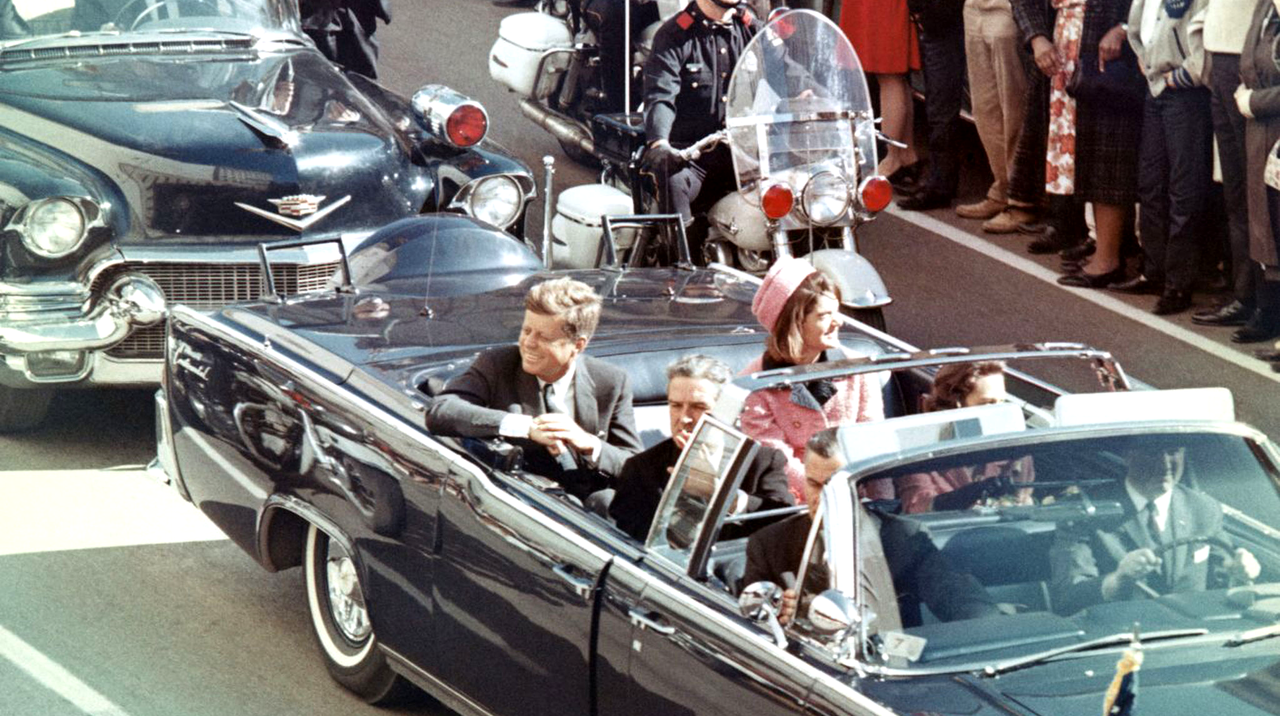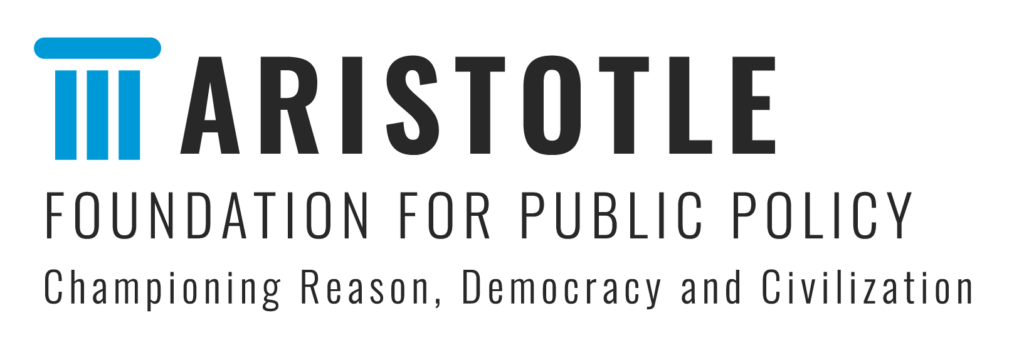
Michel Jacques Gagné, Western Standard, November 20, 2023
On November 22, 1963, an emotionally unstable young Marxist and ex-Marine with few friends or job prospects, little respect from organized leftists, and an estranged wife who finally lost patience with his violent outbursts and political fantasies, took his rifle to work at the Texas School Book Depository in Dallas. It was there, from a sixth-floor window, that Lee Harvey Oswald shot U.S. President John F. Kennedy as his open-top motorcade drove by in Dealey Plaza.
The Dallas police, the FBI, and the Warren Commission (the presidential panel set up by Kennedy’s successor, Lyndon Johnson, to investigate the assassination) all concluded that 24-year-old Lee Harvey Oswald acted alone. Yet from the moment of Kennedy’s death and to this day and despite dozens of other investigations that arrived at the same conclusion as the Warren Commission, it was and is widely believed by a majority of Americans that a broader conspiracy, i.e., that others in addition to Oswald, were involved in the JFK assassination.
How should we understand this entrenched belief and the attraction to conspiracy theories more generally? As a start, conspiracy theories are always and everywhere part of human society. Stories about secret plots shock and fascinate us, confirm our deepest fears, nourish our moral outrage, and provide us with scapegoats to blame.
One might hope that, in the age of the internet, that the spread of conspiracy theories would be impeded by the widespread availability of scientific and historical evidence. Alas, precisely the opposite appears to be happening.
From the QAnon-inspired allegation that the world is controlled by a conspiracy of powerful pedophiles, to the claims that Catholic nuns murdered hundreds of Indigenous Canadian children in the middle of night, to the belief that covid-19 is a bioweapon engineered by China (or the United States), the influence of facts and reason upon Western public discourse seems perilously low.
Sensationalism sells and fear and anger make it attractive. While there exists an ocean of scholarship debunking these and countless other conspiracy stories, few people have the time, will, or energy to conduct a thorough examination of all the claims competing for their attention. They have even less time to study the mounds of countervailing research about conspiracy thinking in psychology, sociology, political science, and philosophy texts.
We cannot ignore the wealth of evidence proving that real conspiracies occur. From organized criminal rackets to politically-motivated subterfuge (think of Watergate as an example), and even state-sponsored assassinations, conspiracies do exist. The useful question is how can we know if a conspiracy claim is likely to be true?
A conspiracy is a secret arrangement between two or more people with the intention of taking advantage of others, such as a plot to hide or distort information, gain or maintain power under false pretenses, or circumvent legal, financial, or political rules for personal gain.
Given the number of criminal convictions that occur every year for coordinated acts of fraud, theft, violence, criminal rackets, and murder, we can conclusively say that conspiracies are a fact of life. However, the ones we can prove rarely resemble the diabolical schemes perpetrated by the villains in crime thriller books and films.
According to British philosopher Quassim Cassam, the sort of conspiracy theories that are most likely to be alluring and false, usually serve as a type of political propaganda. They carelessly, if not malevolently, combine facts, unsubstantiated rumours, and discredited nonsense to stir up people’s moral indignation against a specific person, group, or institution.
Unlike the work of responsible historians, scientists, and forensic investigators whose institutions and traditions insist on a high level of evidence-based reasoning, conspiracy peddlers fabricate theories that are deliberately shaped to ignite our outrage and discourage us from practicing careful inquiry and reflection. Those conspiracy theories are “implausible by design”, Cassam argues, precisely because they resemble a Hollywood script, not the haphazard and incongruent chains of events that make up the real flow of history.
The more we know about history, science, and logic, the better equipped we become to separate fact from fiction. Conspiracy myths would gain less traction if our political parties and leaders, the news media, and educational organizations were more devoted to this ideal.
Instead, when our leading institutions fail to place thoughtful reflection ahead of emotivist dogma and activism, it falls to the unaided individual to strive for knowledge and understanding while maintaining humility, a healthy skepticism, a deep tolerance for uncertainty, and a rigorous commitment to reason over emotion. When these values are in ascendance, the foundations of civilization are strong. In their absence, the foundations are vulnerable to erosion by divisive and self-serving myths.
Michel Jacques Gagné is author of the Aristotle Foundation’s new fact sheet, “Conspiracies: When are they likely true—or false?”, author of a book debunking JFK assassination conspiracy theories, and a lecturer in the Humanities department of Champlain College Saint-Lambert in Montreal, Quebec.
Like our work? Think more Canadians should see the facts? Please consider making a donation to the Aristotle Foundation.

The logo and text are signs that each alone and in combination are being used as unregistered trademarks owned by the Aristotle Foundation. All rights reserved.
SUBSCRIBE TO OUR NEWSLETTER
SUBSCRIBE TO OUR NEWSLETTER

are signs that are each alone and in combination are being used as unregistered trademarks owned by the Aristotle Foundation. All rights reserved.
SUBSCRIBE TO OUR NEWSLETTER

SUBSCRIBE TO OUR NEWSLETTER
